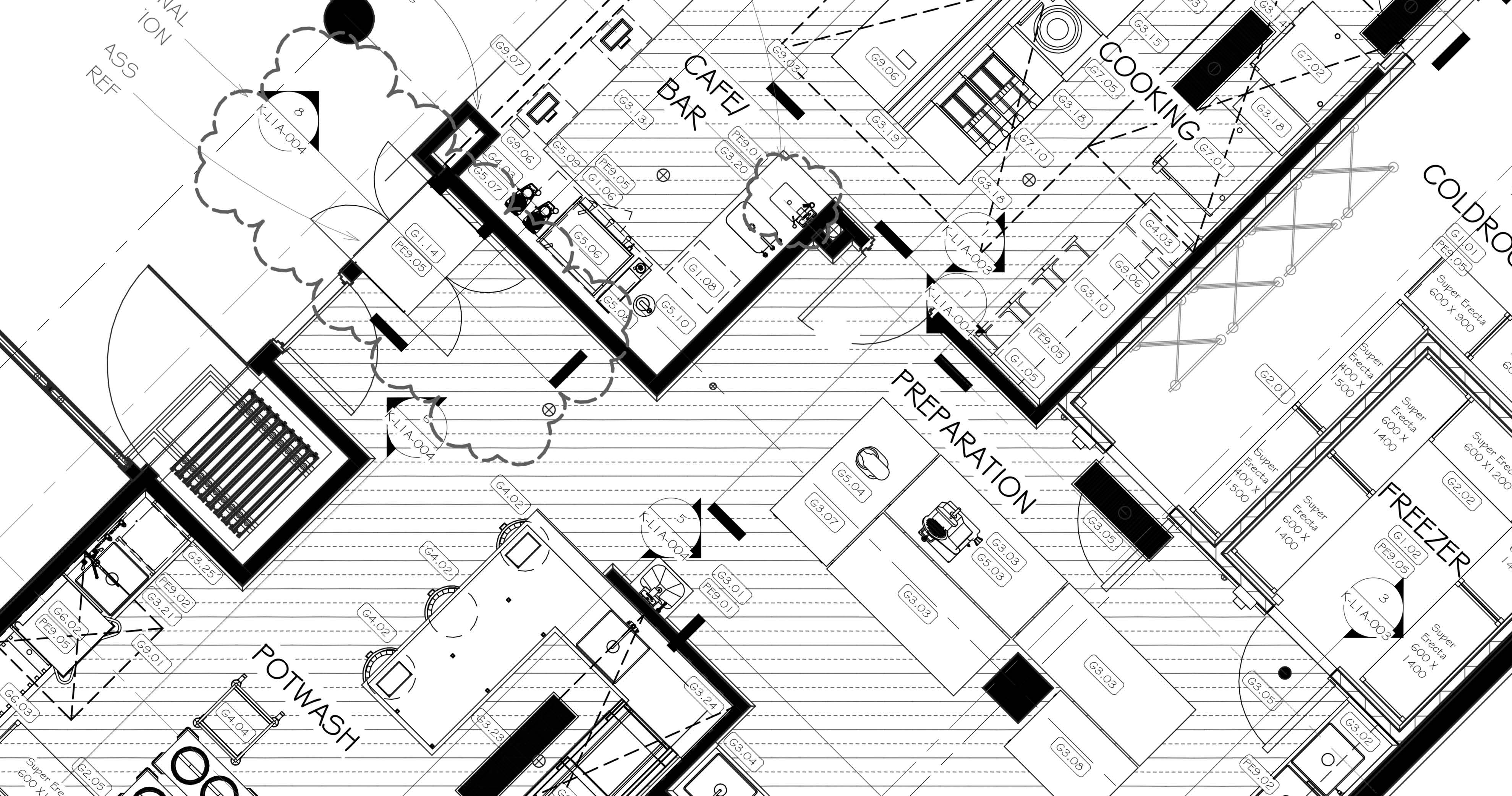
Location: Melbourne, Australia
Consultant: Julian Ha
Company: MTD Hospitality Consulting
Score: 100/100
About FCSI APD Project Excellence
In 2021, FCSI Asia Pacific Division announced the launch of its inaugural Project Excellence initiative, which saw expert, independent judges rating outstanding projects recently completed by Professional members from the region. Three worthy winners were picked. One of which you can read about below, while links to the other two can be found at the bottom of this story. A print supplement dedicated to the initiative can also be found, here.
Versatile and diverse
Picking up a perfect score of 100 points, this extensive project involved designing a new production kitchen to service and support all the satellite and receiving kitchens dotted around the Melbourne Park Precinct. This is a major sporting complex and the home to major events including the Australian Open tennis tournament. In addition, FCSI Associate Julian Ha and his team were tasked with designing the bulk F&B storage facility, a new function kitchen and a new Garden Square café and restaurant.
MTD Hospitality Consulting became involved in this project from the very early stages of master-planning and all the way through to completing the design and supervising the construction of the F&B outlets. Chief among the challenges faced by the design team was the fact that as a destination Melbourne Park has to cater to a versatile crowd and many different events. Though primarily a sporting venue, the park also hosts music and entertainment events regularly. The function areas also play host to exhibitions and corporate bookings, requiring kitchens and foodservice operation to be versatile and diverse.
From a design perspective, the team implemented a single directional flow enabling an easy flow of goods and ensuring minimal cross contamination. The production kitchen was designed with rigorous HACCP planning in mind. For a project of this magnitude ingenuity is key and keeping in mind the need for versatility, and the vast number of venues within the precinct, foodservice equipment was specified to maximize multifunctional capability: combi-steamers, stirrer kettles and pressure bratt pans are just a few examples of these while the tumble chiller is used as a sous vide for overnight cooking.
Smart sustainability
Key to every professional foodservice design project today, sustainability was at the core of the Melbourne Park redevelopment. Some examples of smart sustainability initiatives include containing cooking areas in one place, separating it from preparation space, thus containing the heat generated from the cooking process in one controlled space.
Similarly, the choice to use glycol as refrigeration medium, reduces the amount of refrigerant in the chilling system while dishwashers and potwashers are specified with an in-built heat exchanger, reducing the exhausted air from the machine and in turn the heat generated in the working environment.
The judges were impressed with the thoughtful approach to sustainability. “Strong sustainability credentials with the use of varied technological approaches; challenge to provide a versatile design and fit out flexibility to meet operational requirements,” said Jim Smith.
Further details:
The FCSI APD Project Excellence supplement, containing information on the judging criteria, judges and submitted projects, can be viewed here.
Winner’s story: Royal Brunei Catering
Winner’s story: Commercial Bay
